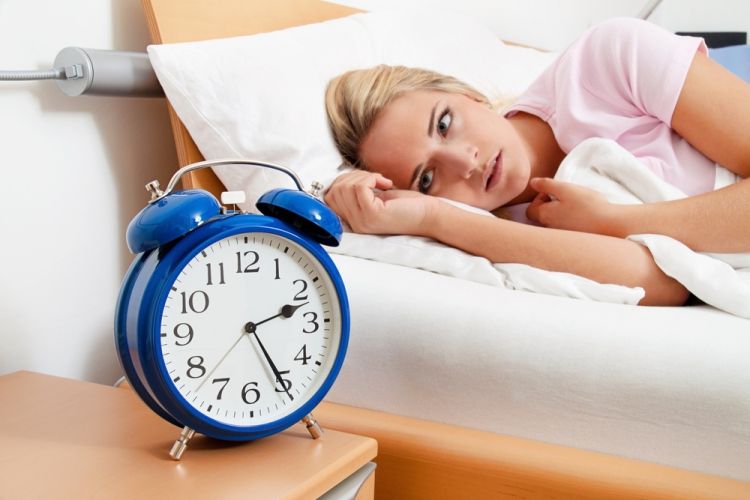Modern science has affirmed that less sleep, or difficulty sleeping – commonly called insomnia – can influence your waistline. Lack of sleep influences the mind in a way that causes you to need to eat more and not process food efficiently. It initiates an endless loop, where you’re left feeling tired, with uneven digestion and rollercoaster hormones.
Many studies have found a relationship between a person’s amount of rest and their weight. For instance:
- Sleeping for less than five hours or over nine hours a night seems to improve the probability of weight gain.
- In one investigation, intermittent lack of sleep in men expanded their desire for unhealthy sustenance and their general caloric consumption.
- In another investigation, women who slept less than six hours a night or over nine hours gained 11 pounds more than women who slept seven hours per night.
HORMONAL AFFILIATION:
- The sleep cycle is influenced highly by two hormones that direct govern hunger in the brain: “GHRELIN” and “LEPTIN”. These also make food cravings worse.
- Another contributing element may be that absence of rest prompts weakness and results in less physical activity.
- Also, the more sleepless you are, the higher your levels of the stress hormone CORTISOL, which increases your hunger
- A lack of sleep may influence numerous different hormones involved with the control of hunger. ENDOCANNABINOIDS, for instance, are produced in the evening in individuals who are restless. These hormones enhance the desire to eating for pleasure, which is called ‘HEDONIC EATING.’“
- Insomnia also decreases the capacity of fat cells to react appropriately to the hormone INSULIN, which is pivotal for managing vitality and sugar use in the body.
BEHAVIORAL AND PHYSIOLOGICAL CHANGES RELATED TO LACK OF SLEEP
SNACKING WHEN SLEEPY
When you don’t rest enough, you may nibble or munch on foods as a way to boost your vitality level.
EATING TO RELIEVE BOREDOM
If you aren’t sleeping enough, you’re left with additional hours of waking time. Out of weariness or exhaustion, you may go after a tidbit that’s high in fat or calories.
BODILY CHANGES DUE TO LACK OF SLEEP
Sleeplessness damages your body’s capacity to help process the sweet stuff.
- When you’re restless, the mitochondria in your cells that process fuel begin to close down. Sugar stays in your blood, and you wind up with high glucose levels.
- One reason you may pack on the pounds when you’re restless is because your body goes into survival mode.
- Your metabolism and digestion slow down because your body is endeavoring to maintain its assets; but it also seeks more fuel.
There is strong logical proof supporting the idea that less sleep leads to weight gain. Getting enough rest isn’t beneficial for your general prosperity – it’s vital for helping you meet your weight-reduction objectives.
CONCLUSION
Getting enough rest puts you in a better state of mind. When you get enough rest, your body loses more fat than muscle, unlike when you’re restless and not sleeping well. A good night’s sleep gives your skin a sparkle and is a key part of a healthy lifestyle.
*Need help from an urgent care clinic in Miami? Primary Medical Care Center is only a phone call away: 305-751-1500
